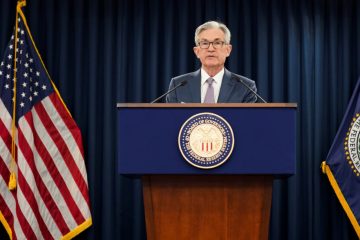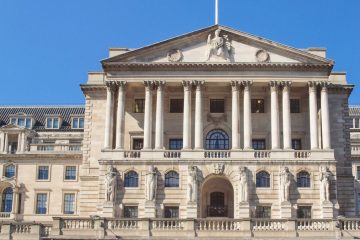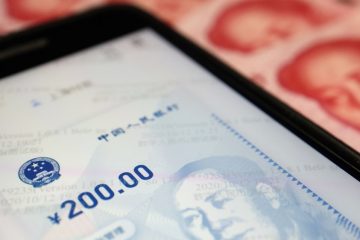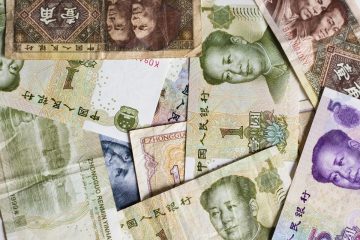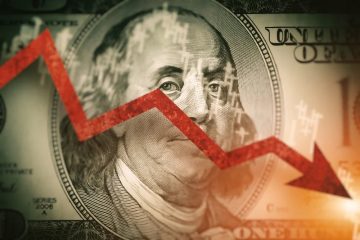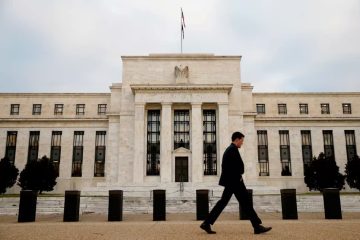Yen slips as Bank of Japan keeps ultra-loose stance while U.S. yields rise
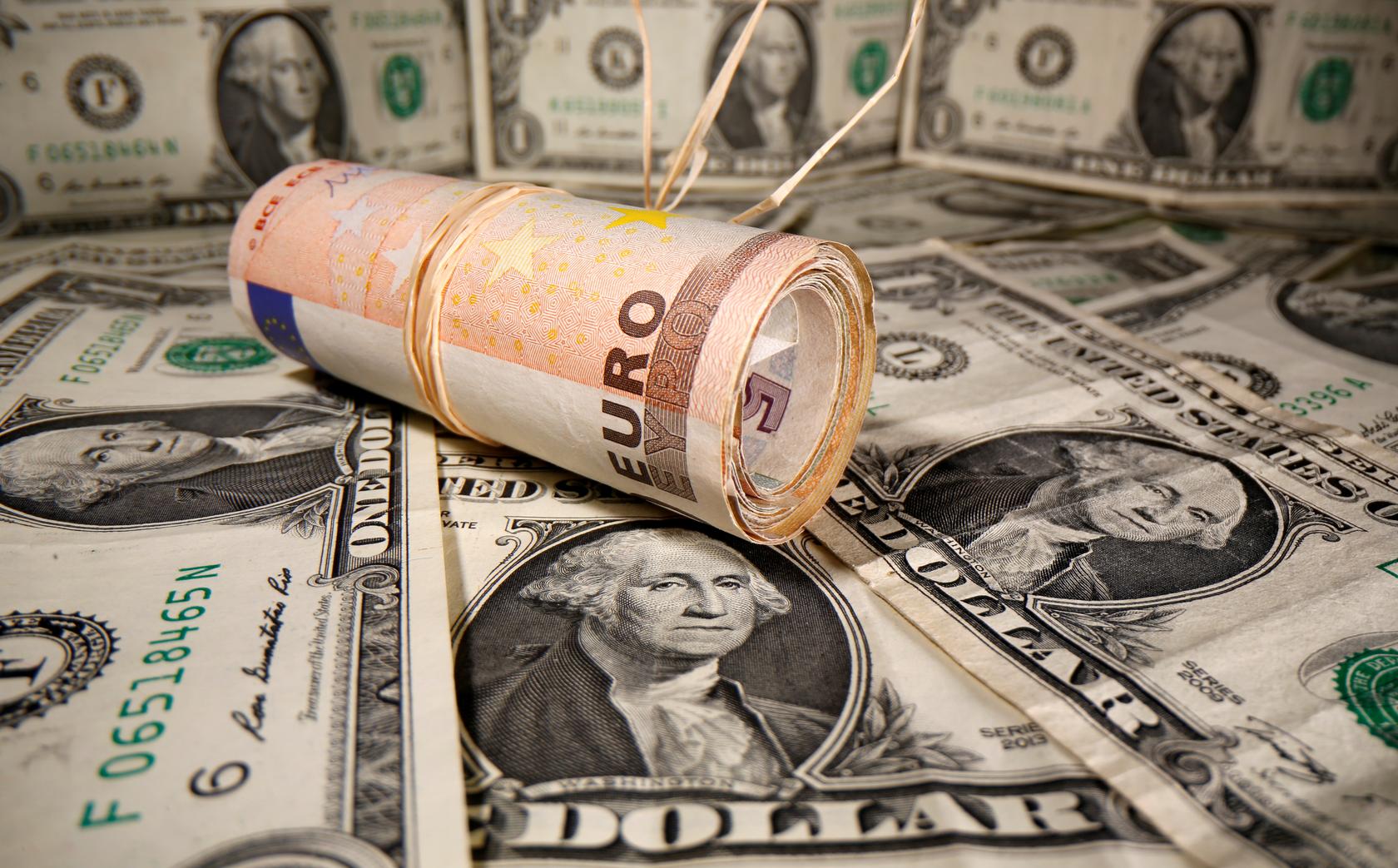
The yen stumbled on Tuesday as U.S. Treasury yields rose to new near two-year highs and the Bank of Japan stressed its resolve to maintain ultra-loose monetary policy, though firmer yields did little for the greenback against other currencies.
The dollar gained 0.37% on the yen to as high as 115.05 per dollar following the outcome of the BOJ’s meeting, having traded as low as 114.5 earlier in the day ahead of the meeting.
It then pared gains to 114.84.
“The global reflation trade and rising U.S. yields are pointing to depreciatory pressures on the yen,” said Carlos Casanova senior Asia economist at UBP.
U.S. two-year yields, which track short-term rate expectations, crossed 1% for the first time since Feb. 2020, and were last at 1.036%, up nearly 7 basis points.
Benchmark 10-year yields rose more than 6 basis points to as much as 1.8550%, their highest since Jan. 2020 as markets baked in a hike in March and three more by the end of the year.
“Moreover, the Bank of Japan is expected to keep conditions ultra-accommodative for longer, while any rise in inflation will only be modest, around 1.0% in 2022,” Casanova added.
The BOJ upgraded its inflation forecasts at its policy meeting on Tuesday, but as inflation is set to remain well below its 2% target in the coming years, it stressed its resolve to maintain its ultra-loose monetary settings.
However, the greenback gained less ground on other major currencies.
The euro was at $1.1398, down 0.09%, and the pound was steady at $1.3635, leaving the dollar index which tracks the currency against six peers at 95.325, in the middle of its recent range and up just 0.07% on the day.
“The conundrum everyone is grappling with is either the dollar is a screaming buy relative to yields, or there is a lot of dollar supportive news priced in,” say Ray Attrill head of FX strategy at National Australia Bank.
He said theories for the anomaly included investors reacting early to the fact the dollar has historically peaked around the time the Fed has raised rates, or they were trading in anticipation of a surge in global economic growth. But he said he was not convinced by either argument.
There is no major economic data for the euro zone on the calendar this week, but investors will focus on speeches from European Central Bank President Christine Lagarde, other ECB members and on the minutes of the central bank’s December policy meeting on Thursday.
The Aussie lost 0.23% to $0.7192 after data showed an explosion in coronavirus cases had hurt Australian consumer confidence.
Bitcoin was in the doldrums at $42,000, having been trending downwards since hitting its record high of $69,000 in November.


